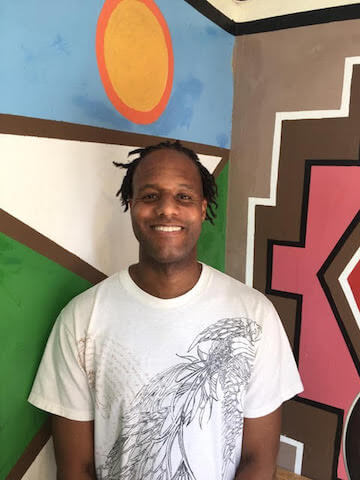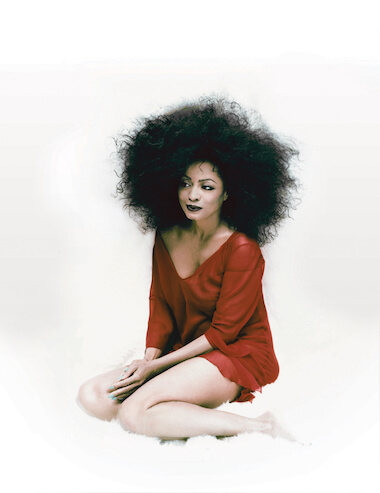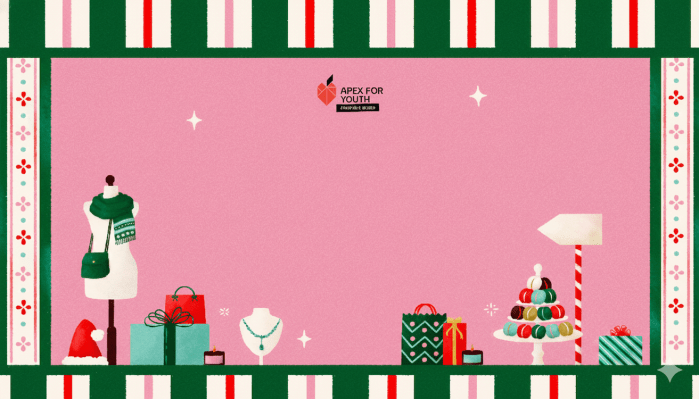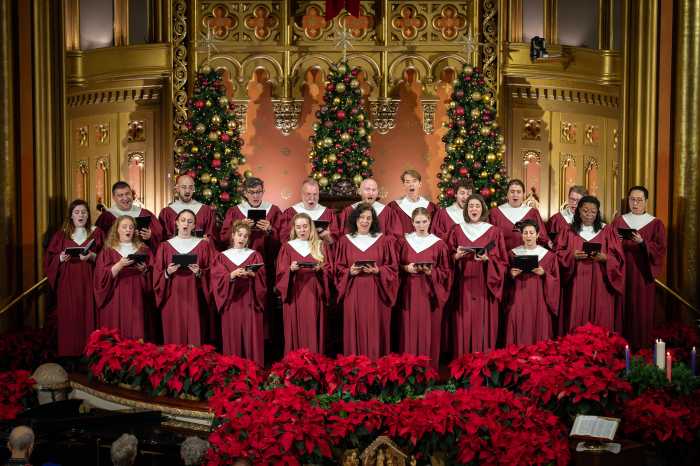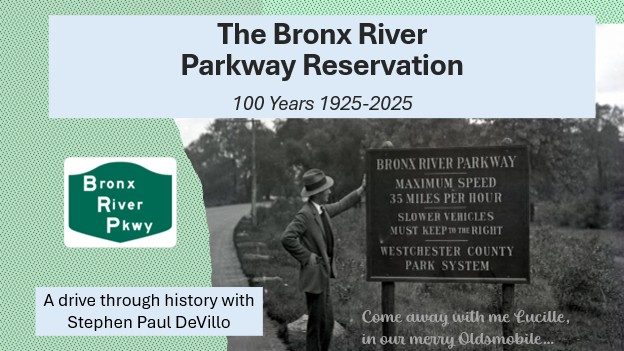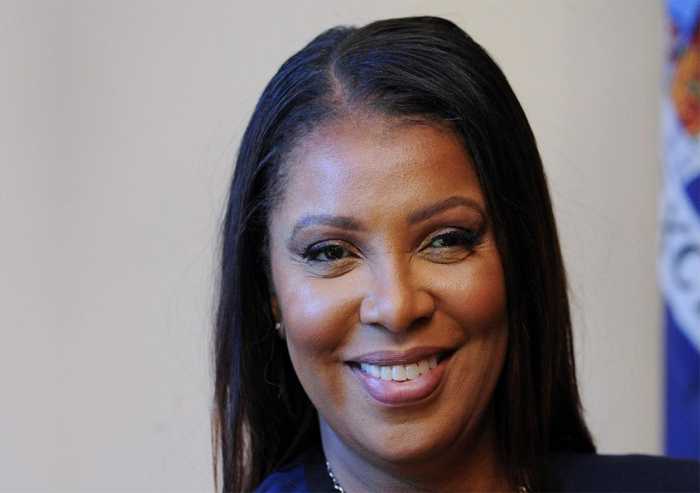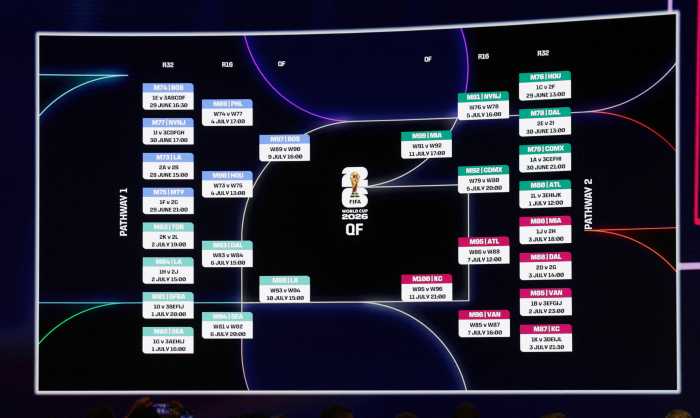Ron Lester’s charity Disco Party Fundraisers are bringing alive the best of New York’s classic old dance music.
One of the great pleasures of this life we know as gay — indeed, a veritable coming out rite of passage for many — is dancing in a club to some truly fabulous music. I was lucky to come of age in the immediate post-Stonewall era, when disco was being born, shaking my butt to the earliest examples of the genre, “Rock the Boat,” the Philly sounds of Harold Melvin & the Blue Notes (with the late, great Teddy Pendergrass) and the Three Degrees’ “Dirty Ole Man,” Barry White, Donna Summer, and Diana Ross’ “Love Hangover.”
Whether it was Studio One in Los Angeles, the Cabaret or End Up in San Francisco, Hula’s in Hawaii, or the myriad clubs in New York (Studio 54, where I worked opening night as a bus boy, 12 West, the Saint, Flamingo, Better Days, the Gallery, the Loft, or Paradise Garage, where it really all came together and house music began), to this day nothing can quite match that visceral and sexy thrill of the soulful, funky, and often swooningly romantic music — marked by searingly powerful female vocals — that was the soundtrack of our lives before, during, and in the wake of the plague that removed so many festive souls from the dance floor forever.
“Music is my life,” sang the imperishable Patti LaBelle, “Gotta keep on dancing,” and I truly thought I would never stop. But I did, and you can chalk that up to life’s different priorities, to a schedule less conducive to all-night carousing… oh hell, to just getting older. Also, the music changed, and, although this summer’s clubs are pumping nicely to Ed Sheeran’s irresistible “Shape of You” and the Weeknd’s ineffable “Starboy,” the dreaded — to me — rise and lasting dominance of vocal-less, monotonous, soulless glacial techno, I thought, had put paid to my desire to ever go out steppin’ again.
IN THE NOH: Ron Lester helms a needed revival, all in the name of good causes
And then, to the rescue came Ron Lester, the producer of Disco Party Fundraiser, a regular event, which takes place at the club Taj in Chelsea, with the very civilized hours of 6-10 p.m., for a mere $10 admission fee, which goes to various charities. I went to the last one, the White Party, on July 15, and had a sensational time with just the right, comfortable amount of beautiful, wonderfully warm, and friendly folk. As for the music, suffice it to say that I pretty much never stopped dancing for three straight hours, as DJ Frankie Paradise was in absolutely brilliant form. It started with Teddy Pendergrass’ smoking “You Got What I Need,” which I’d not heard in ages, and then classic after classic followed, including maybe my three very favorite dance songs all in a row: Taana Gardner’s “When You Touch Me,” DeeDee Bridgewater’s “Bad for Me,” and Syreeta’s “Can’t Shake Your Love.” The fact that they are also among the fastest dance tracks ever recorded and my heart didn’t give out, as I positively lost my shit breathlessly on the floor, proved that I’m definitely here for now.
The handsome class act that is Lester told me that the party, celebrating its 14th anniversary this fall, began in 2003.
“I was involved in a fundraising effort for the Leukemia & Lymphoma Society’s ‘Light the Night.’ I was working in the investment banking department at Credit Suisse. It was a department-wide fundraising effort in conjunction with the Credit Suisse Foundation. A few of us planned events to supplement our fundraising. As others were doing bake sales, I chose to throw a disco party! It was on October 3 and was so much fun! After it was over, I suggested to my friend, Darrell Branch, who helped me with getting the word out, that we just keep going with this! We did. The second event was the very next month for ‘Walk to End Domestic Violence.’”
In 2004, Lester revamped the format and renamed it Disco Party Fundraiser so people would know that it was indeed a charity event. The basic mission, he said, is “to support non-profit organizations in the arts and education with the funding they need to fulfill on their missions. If there ever was an excuse needed to go disco dancin’, well, there you have it!”
Lester met Frankie Paradise in 1998. “I was planning a dance party event that I called ‘Sa Demo’s.’ I cringe at the name now because it turned out to be a major flop! I had heard of Frankie Paradise and wanted to get some music from him. I got his number and left a few messages, which went unanswered. One night, I actually had a meeting with his club promotions partner at the Clubhouse, which was a weekly Manhattan party that Frankie created and was very popular. He was the resident DJ and co-promoter, and I had never seen him in person before. One look, and I had a case of the hottie-hots! After a couple of dates, I was in love, and we were an item for about three and a half years. Frankie often spoke of the Paradise Garage with extreme fondness. It’s where he got his adopted surname.
“Frankie is very ambitious, determined, and a force of nature. I say that because when he gets an idea that he feels will work, he will stop at nothing and grind relentlessly to see it to fruition and beyond. Through his deep knowledge of those dance classics we love so much, I learn new songs to love because of that man.”
I asked Lester where he would like to take all of this.
“I want to get people dancin’ again! Remember when disco was part of the mainstream, and everyone was going disco dancin’? Yes, we know about the wild parties that had anal sex, drugs, Bianca Jagger, fashion models, and supercilious Warhol gays. And weren’t there reports of levitation on some dance floors? Or was it just more of those drug-induced exaggerations? The point I am making is that, in spite of all that other stuff, people were simply dancing. For a moment, it was part of the American consciousness. Dancing is unique to human beings. I’d like to partner with Ellen DeGeneres — she loves to dance! — to get America dancing again and using that activity to make a difference in their own communities.”
Born in Philadelphia, Lester didn’t know club music until he went to dance clubs for the first time at age 19. Though he is seemingly singlehandedly reviving the deep, dark thrill of the Paradise Garage, he missed actually going there, arriving in New York only in 1989 — two year’s after the club’s demise — to attend NYU.
“When I asked people about nightclubs for dancing, I would hear, ‘I don’t go out anymore.’ The clubs I did dance in were Limelight, the Tunnel, Mars, Nell’s, MK, Red Zone, Kilimanjaro, Tracks, the Muse, Peggy Sue’s, the Bank, Sound Factory, Sound Factory Bar, Octagon, Clubhouse, and Two Potato. There may be a few others that I don’t remember.”
Lester’s favorite disco song is “Let’s Do It” (by Convertion, not Cole Porter), and he describes his personal coming out process as traumatic.
“You know how a new bride has a certain anxiety on her wedding night, but she expects it to be special nonetheless? And then her new husband actually turns out to be a sex trafficker, he brutally rapes her, and sells her to an international sex slave ring? Well, I had a similar coming out experience. Wasn’t it supposed to be like a debutante ball?
“I was outed by a sick boy who was obsessed with me. He told my mother that I was not only a homosexual, but one that was committing unspeakable acts! He was just upset that I slept with someone else, just couldn’t take it. Things are much better now. My family loves me dearly, and I am slightly fond of them. Kidding! I love them, too.”
Lester’s next party is August 5 at Taj Lounge, 48 West 21 Street, from 6 to 10 pm. With all this crap emanating from the asylum formerly known as the White House, lowering stress levels and trying to just get happy again are essential right now. I can think of no more sure-fire way.

